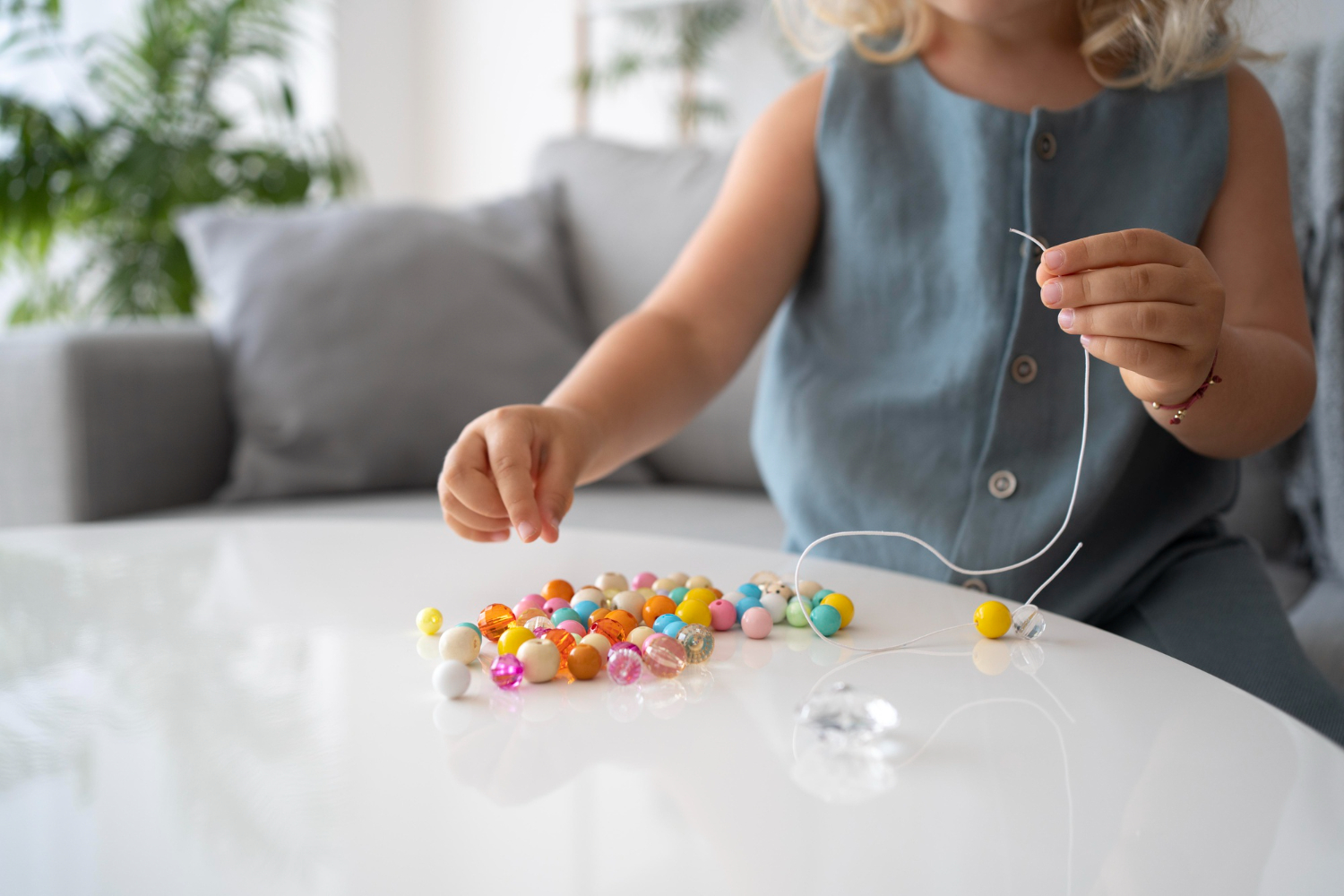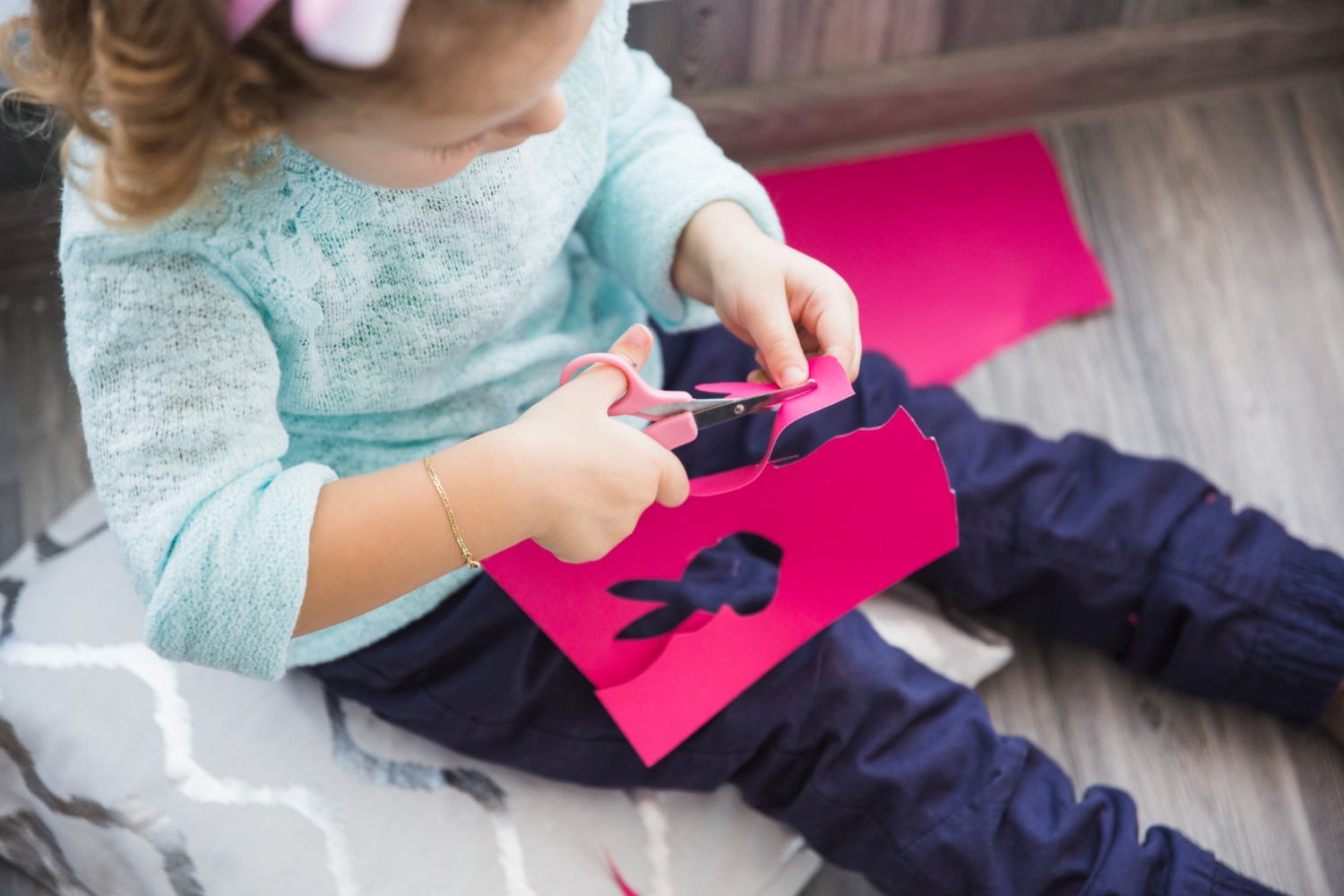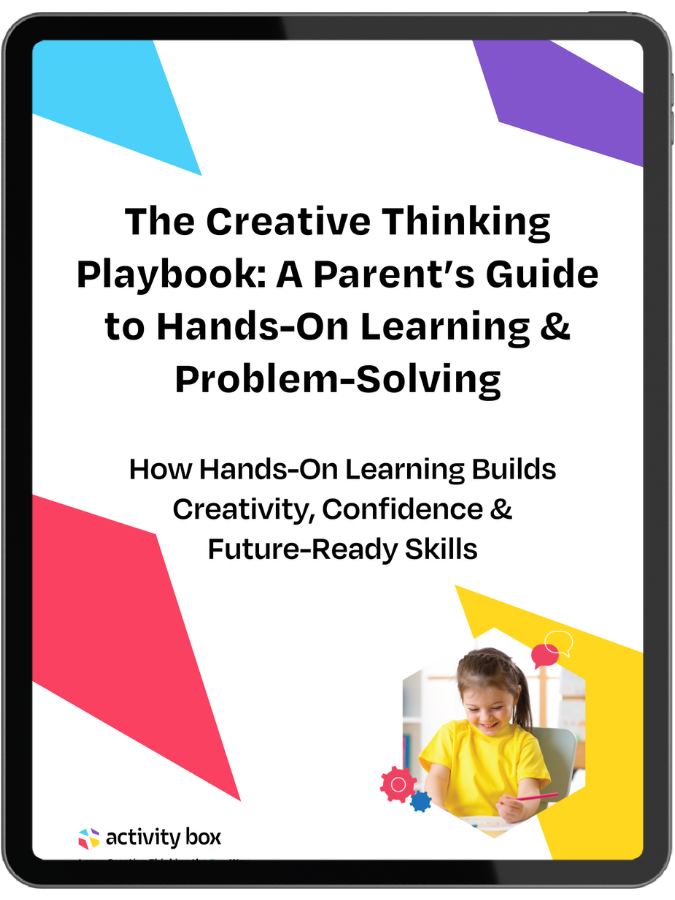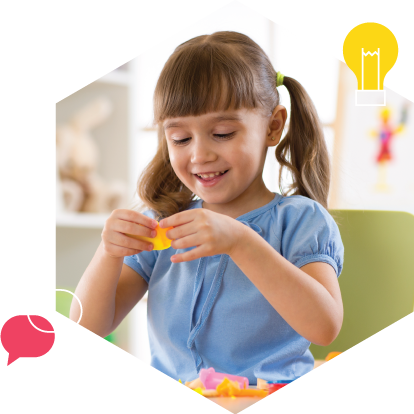
Fine Motor Skills Development Through Hands-On Play
Key Takeaways
| Aspect | Summary |
| Why It Matters | Fine motor skills support writing, self-care, and problem-solving. |
| Developmental Benefits | Boosts attention, memory, and sequencing through hands-on activities. |
| Hands-On Play | Strengthens planning, precision, and confidence in trial-and-error tasks. |
| Real-World Strategies | Builds resilience and pride through task mastery. |
| Parent Tips | Prepares children for tasks like writing, buttoning, and tool use. |
Why Are Fine Motor Skills Essential for Early Learning?
Imagine a child trying to tie their shoes, grip a pencil, or cut out a paper shape. These everyday actions rely on finely tuned coordination between small muscles in their hands and fingers: a set of skills known as fine motor skills development.
A parent once shared how her son, Liam (age 5), struggled with frustration during art time because he couldn’t control his scissors. But after a few weeks of structured fine motor play, threading beads, sticker placement, and paper weaving, Liam not only gained control but began proudly showing off his creations.
Fine motor skills matter because they form the building blocks for independence, confidence, and academic readiness. They affect everything from early writing and drawing to personal care routines like eating or dressing. And best of all? They can be nurtured through creative, hands-on play.
What Are Fine Motor Skills and Why Do They Matter?
From zipping jackets to holding a paintbrush, fine motor skills help children interact with their world. They involve small muscle groups in the hands, wrists, and fingers, paired with hand-eye coordination and focus.
Tip for Parents:
According to CDC’s Act Early developmental milestone framework, consistent fine motor milestones are strongly linked to school readiness.
Children with underdeveloped fine motor control may struggle with everyday classroom tasks or become discouraged during art, writing, or group activities. These moments, if left unaddressed, can create barriers to self-esteem and learning momentum.
Solution: Support these skills through playful tasks like tearing paper, using tweezers, or sculpting with clay. NAEYC guidance outlines everyday activities that can boost fine motor strength and coordination.
How Cutting and Gluing Activities Build Precision in Kids
Using scissors and glue sticks might seem simple, but they engage multiple skills: bilateral coordination, focus, grip control, and sequencing.
Start with tasks like:
Cutting along wavy or zigzag lines
Gluing small parts into matching patterns
Tracing shapes before cutting

Fine Motor Milestones for Kids Aged 4–8
Parents often ask: “Is my child on track?”
Understanding preschool motor skills milestones helps caregivers spot where extra support, or challenge, might be needed.
| Age | Key Milestones | Signs of Readiness |
| 4 | Copies circles, uses scissors, builds towers | Shows interest in drawing |
| 5 | Buttons clothes, draws basic people | Enjoys tracing, uses small stickers |
| 6 | Cuts accurately, ties simple knots | Begins writing letters |
| 7-8+ | Forms consistent handwriting, intricate crafts | Folds paper neatly, fastens snaps |
Tip: Kids develop at different rates, use these as flexible guidelines.
Creative Ways to Strengthen Dexterity in Preschoolers
Children don’t build muscle control by sitting still, they need movement, exploration, and novelty. The most effective fine motor play ideas are disguised as fun.
Try These:
Clothespin races: Strengthen finger muscles while grabbing items
Sensory bins with hidden treasures: Encourage grasping and sorting
Sticker mosaics: Refine pincer grip and precision
A preschool teacher in Central shared how one student, Chloe, who initially struggled to hold a pencil, dramatically improved her control after daily sensory play using tweezers and water beads.

Get the Free Creative Thinking Playbook
Learn how hands-on play helps your child develop problem-solving, creativity, and confidence, without screen time or prep.
Hands-on, screen-free activities
Printable planner included
Stress-free and fun for parents
Expert-designed, child-approved
Problem-Solving and Fine Motor Skills: A Perfect Match
Fine motor play doesn’t just strengthen muscles it boosts cognitive skills too.
Puzzles, mazes, and threading activities ask kids to plan, persist, and adapt, all while using their hands.
This aligns with NAEYC’s principle that play weaves fine motor learning into broader cognitive and emotional growth.
To blend thinking with movement:
Let kids create their own puzzles with cut paper
Use maze tracing with dry-erase markers
Offer pattern challenges using beads or buttons
These activities merge motor-cognitive connections, building resilience and executive function.
How ActivityBox Compares to Alternatives
| Feature | ActivityBox | KiwiCo | DIY Activities |
|---|---|---|---|
| Subscription Model | Monthly, structured, themed | Monthly, themed, variable level | Self-guided, unstructured |
| Reusability | Yes (Tool Kit included) | Some kits partially reusable | Depends on materials |
| Screen-Free Design | 100% hands-on | Mostly | Varies |
| Learning Structure | Discover–Make–Play progression | Varies by box | Unstructured |
| Parent Support | Step-by-step guides + tips | Moderate instruction | No guidance included |
| Focus on Dexterity | Embedded into every project | Varies | Needs planning by parent |
| Eco-Friendliness | Over 60% recyclable packaging | Partially eco-friendly | Depends on household items |
Ready to get started? Join ActivityBox and get monthly, ready-to-play activities delivered to your door.
Help Your Child Thrive With Skill-Building Play
Every child deserves the joy of mastering new skills, and every parent deserves easy, meaningful ways to support that growth.
Here’s what you can do starting today:
- Choose activities that match your child’s current abilities
- Incorporate tactile materials like clay, buttons, or cotton balls
- Make repetition fun with fresh, creative challenges
- Celebrate effort, not just outcome
Ready to help your child build confidence and creativity through hands-on learning?
ActivityBox delivers hands-on learning kits that transform everyday moments into powerful play, developing fine motor skills the easy way.
Designed by educators
Loved by kids
No prep, just open and play
👉 Join today and get monthly, ready-to-play activities delivered to your door.
FAQs About Fine Motor Skills Development
How can I tell if my child has fine motor delays?
If your child avoids pencil or scissor tasks, struggles with buttons, or gets easily frustrated during crafts, it may indicate they need more support. Always consult a pediatrician if concerned.
Why do fine motor skills develop before writing?
Before forming letters, kids need control of wrist, hand, and finger muscles. Building strength and coordination through play lays the foundation for writing fluency.
Are there specific tools that help fine motor growth?
Yes! Tools like child-safe scissors, tweezers, stickers, and lacing cards target different motor muscles and encourage precision.
My child gives up quickly on activities. What can I do?
Choose tasks that are just challenging enough. Offer encouragement, break steps down, and allow them to explore without pressure.
Can ActivityBox help improve my child’s motor skills?
Absolutely. Each kit is designed with layered activities that support motor development, problem-solving, and creative exploration, no prep required for you.
How do I join?
Have more questions?
We’re here to help! Contact us .
